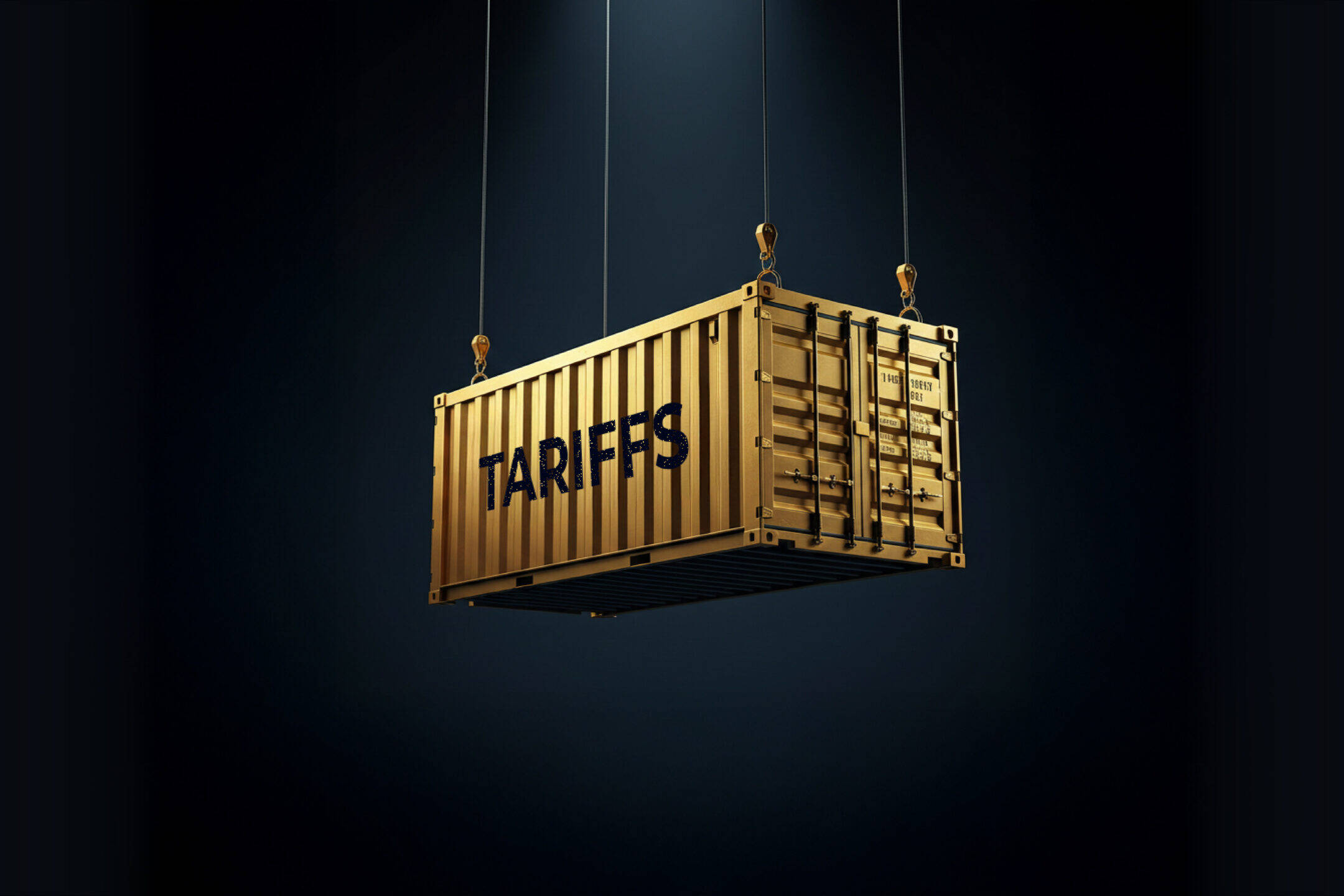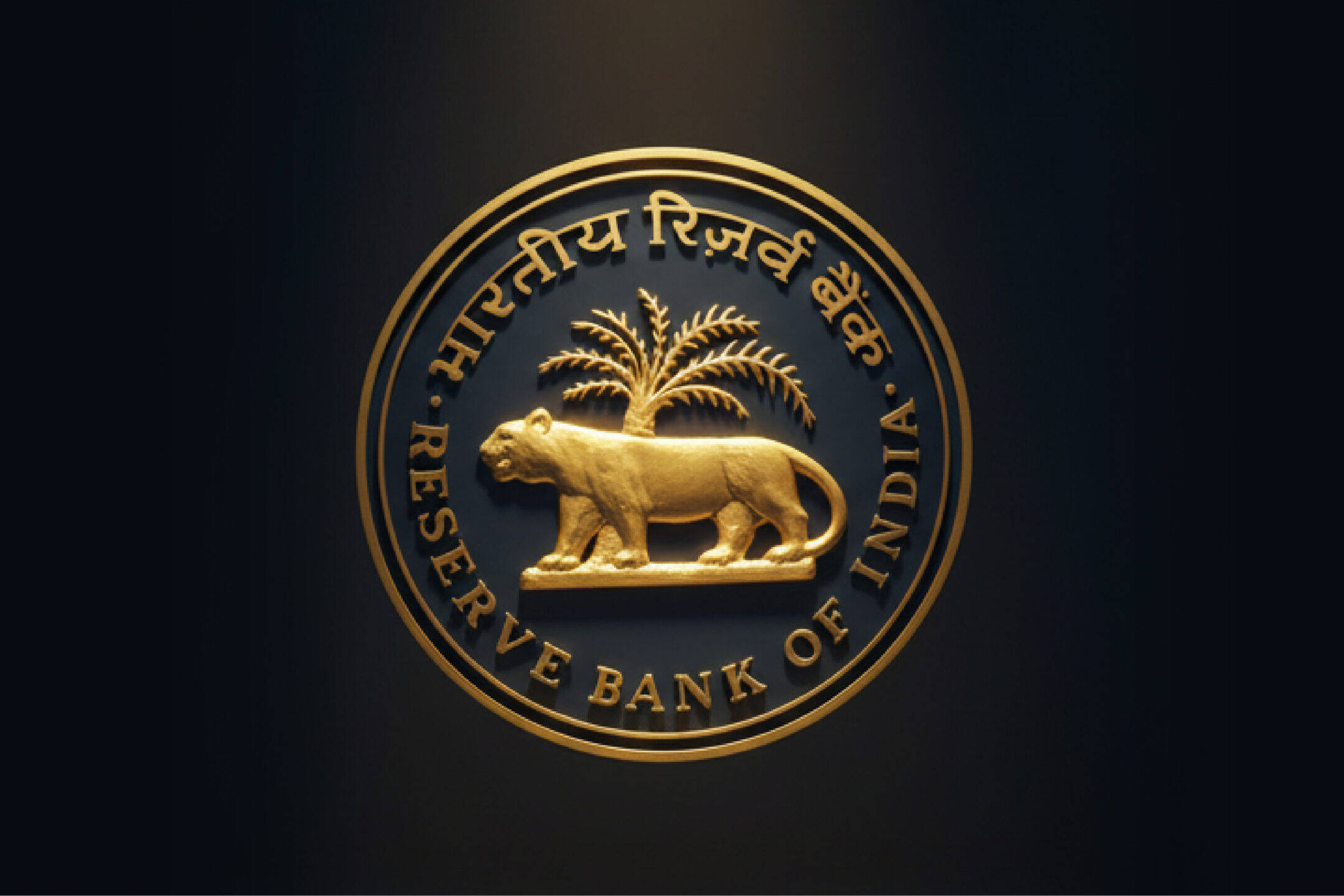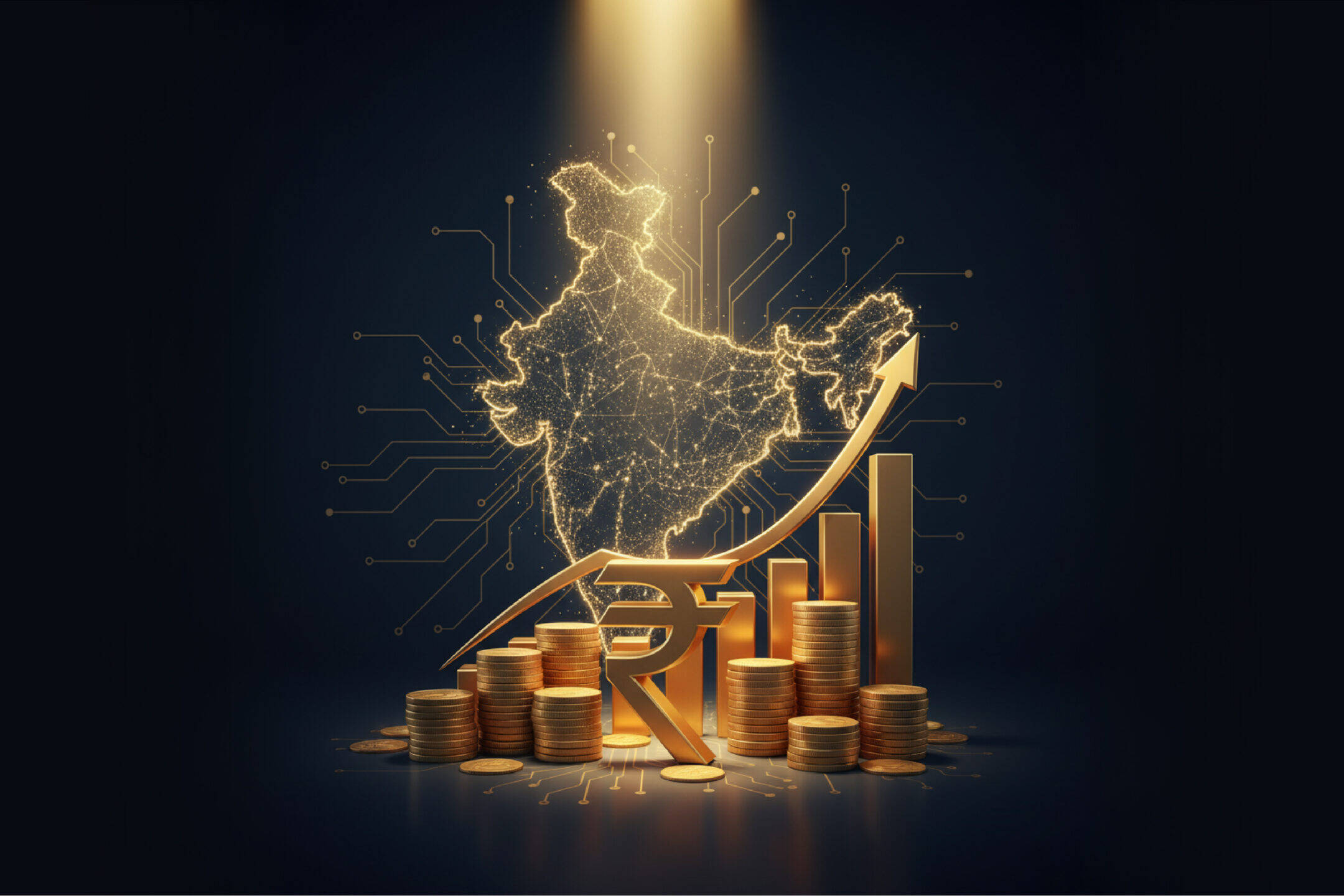As the US VIX Spikes on Tariff Concerns, Indian Market Risk Falls Below US Levels
In a fascinating turn of events, the unstable global situation due to increasing tariff tensions originating from the US has caused a dramatic reassessment of risk in the two largest stock markets in the world. For the first time in recent history, India’s stock market is being perceived as less risky than the US stock market.
This is an interesting development, because it highlights a significant shift in perceived opportunity and investment risk in the Indian market outperforming and demonstrating more stability than the US market.
Let’s explore some of the signals:
US Volatility Soars, India Remains Relatively Stable
U.S. market volatility has surged in recent weeks, driven by renewed concerns over trade policy and inflation. President Trump’s recent public calls for aggressive tariffs have contributed to investor uncertainty, leading to increased volatility in major indices. Meanwhile, Indian markets have remained relatively stable despite geopolitical tensions, with expectations of a rebound in the latter half of 2025.
The VIX Tells the Tale: A Risk Reversal
The analysis hinges on the VIX indices – the VIX for the S&P 500 (US) and the India VIX for the Nifty (India). These indices, derived from option prices, serve as barometers of expected market volatility and, consequently, perceived risk. A higher VIX reading signals greater anticipated volatility and thus, higher perceived risk.
Historically, the risk profiles of the US and Indian stock markets have been quite similar. Between May 2024 and March 2025, the India VIX averaged around 15.0, while the US VIX averaged slightly higher at 16.8.
However, April 2025 witnessed a dramatic divergence. The India VIX saw an increase to an average of 16.8, indicating a rise in perceived risk. But the US VIX experienced a far more substantial surge, averaging a concerning 33.4. This stark contrast clearly illustrates the heightened level of anxiety and uncertainty gripping the US market.
Rising Tides (of Risk) Lift All Boats, But Some Higher Than Others
Analysis rightly pointed out that risk has increased in both markets when compared to year averages. The global uncertainty created by potential trade wars is creating a heavier cloud of uncertainty over the entire globe.
Increased market volatility is a sign of more economic uncertainty. The uncertainty around the final form and ultimate consequence of US tariffs, causing business and consumers around the globe to be more cautious, or postponing their critical investment and purchasing decisions, causing significantly slower economic activity. Interestingly, the much higher VIX in the US suggests that the uncertainties created by tariffs are likely to have a greater negative impact on the US economy than on India; at least from the market’s perspective as it stands currently.
Decoding Market Sentiment: What the Options Market is Signaling
While individual investors may hold diverse opinions and strategies, the VIX indices offer a valuable insight into the collective wisdom (and anxieties) of the options market. Understanding these signals can provide a broader context for investment decisions.
What This Means for the Indian Market Today:
• A Potential Relative Safe Haven: The perception of Indian stocks as comparatively less risky could attract investors seeking shelter from the storm of global uncertainty. This influx of stability-seeking capital could provide a degree of support to the Indian market.
• Not Entirely Immune: However, it’s vital to remember that the increased overall global risk will likely have some spillover effects. India will not be completely insulated from the broader economic headwinds originating from US trade policies.
• Domestic Drivers Still Reign: While global risk comparisons make for an engaging narrative, the Indian equity market remains largely anchored by domestic fundamentals. Macro stability continues to support sentiment, buoyant GST collections, a stable monsoon aiding crop output, benign CPI inflation, and strong IIP and PMI readings all point to a resilient economic backdrop. Additionally, the government’s continued focus on fiscal discipline and consolidation adds to the market’s confidence in India’s medium-term growth trajectory.
• Global Watch Remains Crucial: Indian investors should continue to closely monitor developments related to US trade policies and their potential ramifications for the global economy. These global events can indirectly impact the Indian market sentiment and capital flows.
In Conclusion: A Noteworthy Shift, But Vigilance Remains Key
This notable divergence in market volatility, signals more than just a momentary shift in sentiment. It highlights the evolving nature of global capital flows and the growing relevance of emerging markets like India in long-term portfolio strategies. In such an environment, passive investing or a one-size-fits-all approach may not be enough.
For investors, this is a compelling moment to revisit wealth strategies. When global uncertainty rises, wealth management plays a critical role in helping navigate market complexity with clarity and discipline. From dynamic asset allocation to timely risk assessment and opportunity spotting, a well-guided wealth management approach ensures that investment decisions stay aligned with one’s financial objectives, even as the world changes rapidly.
In short, today’s volatility makes a stronger case than ever for proactive, informed, and goals-based wealth planning.
Disclaimer:
InCred Wealth and Investment Services Private Ltd. (InCred Wealth) is an AMFI registered Mutual Fund Distributor and also acts in the capacity of a Corporate Agent (Composite). InCred Wealth also acts in the capacity of distributor of various Financial Products. InCred Wealth does NOT provide investment advisory services in any manner or form. Above is not to be deemed to constitute as distribution, an offer to buy or sell or the solicitation of any offer to buy or sell any securities or financial instruments in any jurisdiction in which such distribution or offer is not authorised to any person.
Related Posts
December 18, 2025
Digital Transformation & Technology Adoption: How It’s Transforming the Indian Wealth Management Landscape
India’s wealth management landscape is in the middle of a profound shift. What…
December 2, 2025
Trade Tariffs & Counter-Tariffs: Is Financial Coercion Becoming the New Normal?
The international trading community is experiencing a rise of protectionism and…
October 28, 2025
India-UK Free Trade Agreement: A Strategic Leap for Growth & Investment
India and the United Kingdom have signed a historic Free Trade Agreement (FTA)…
May 26, 2025
Gold vs. Silver in 2025
2025 is turning out to be quite a challenging year for most investors and fund…
April 21, 2025
RBI’s Latest Rate Cut: What It Means for Debt Investors & Borrowers
Welcome to our blog series on investing styles, in this series, we explore…
December 28, 2023
2023 A tale of resilience amidst mounting challenges
2023 has been a year of resilience, with markets and economies adapting to…
December 6, 2022
Time for Indians to Rethink the Wealth Paradigm
India is at a pivotal moment to rethink its wealth paradigm, focusing on…
September 20, 2022
Understanding the Basics of Strategic and Tactical Asset Allocation
As an investor, you are focused on one thing – maximising your returns,…









